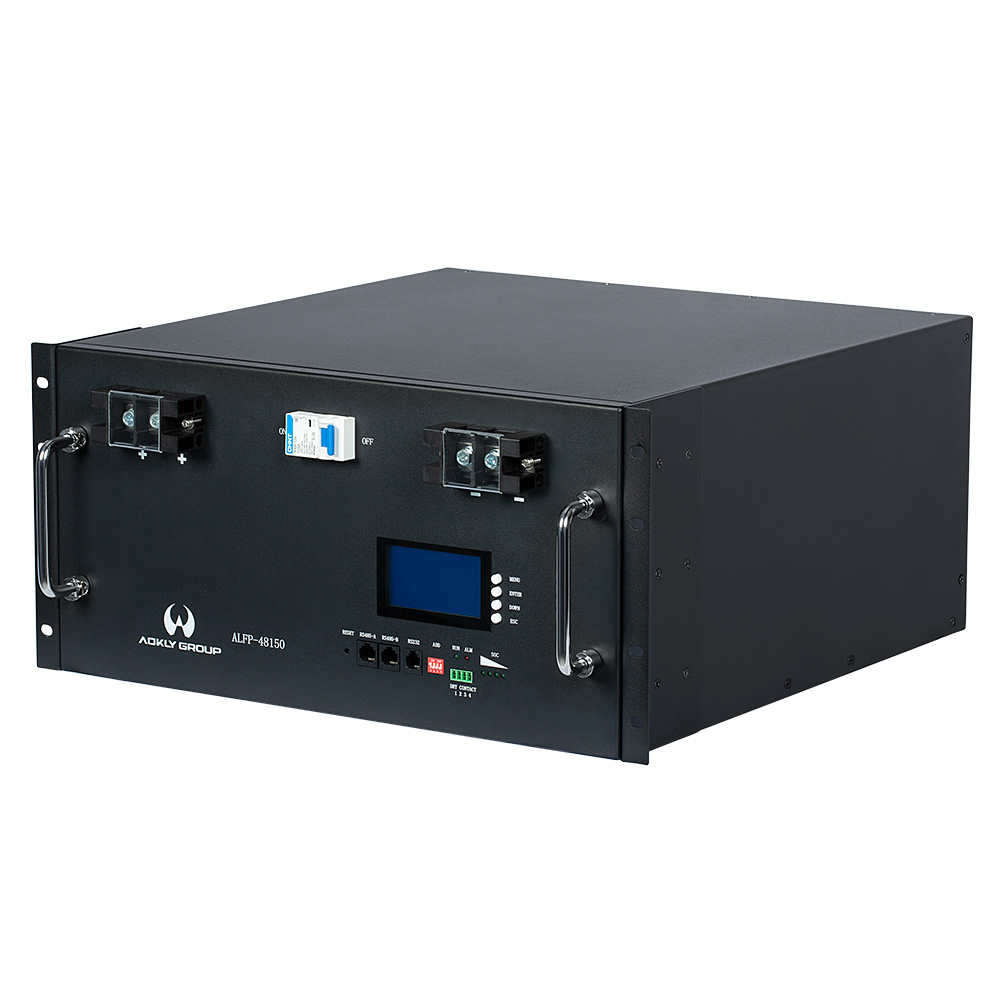The integration of lithium-ion batteries within solar energy solutions marks a pivotal advancement in renewable energy technology. As the world moves towards sustainable energy practices, the marriage of solar panels with lithium-ion batteries presents a promising avenue for energy storage and utilization. In this article, we delve into the intricate relationship between lithium-ion batteries and solar energy solution providers, exploring more details about this innovative synergy.
Characteristics of Lithium-ion Batteries
Energy Density
The energy density of lithium-ion batteries determines their capacity to store energy per unit volume or weight. Compared to traditional lead-acid batteries, lithium-ion batteries boast significantly higher energy densities, allowing for more compact and lightweight energy storage solutions. This characteristic is particularly advantageous for solar energy solution providers, as it facilitates the design of streamlined and space-efficient installations.
Cycle Life
Cycle life refers to the number of charge-discharge cycles a battery can undergo before experiencing significant degradation in performance. Lithium-ion batteries exhibit an impressive cycle life, often surpassing thousands of cycles under optimal conditions. This longevity ensures prolonged functionality and minimizes the need for frequent replacements, thereby reducing maintenance costs for solar energy providers.
Efficiency
Efficiency plays a crucial role in determining the overall performance of a battery system. Lithium-ion batteries exhibit high charge and discharge efficiencies, translating to minimal energy losses during the storage and retrieval processes. This inherent efficiency enhances the overall effectiveness of solar energy solutions, maximizing the utilization of harvested solar energy and minimizing wastage.
Safety
Safety considerations are paramount in any energy storage system, especially when dealing with high-energy-density technologies like lithium-ion batteries. Advanced safety features, such as thermal management systems and built-in protection circuits, mitigate the risk of overheating, short circuits, and other potential hazards. This ensures the safe operation of solar energy installations, safeguarding both property and personnel.

lithium-ion battery for sale
Benefits of Lithium-ion Batteries for Solar Energy Solutions
Enhanced Performance
The integration of lithium-ion batteries enhances the performance of solar energy solutions by providing reliable energy storage and on-demand power availability. By mitigating the intermittent nature of solar power generation, lithium-ion batteries enable a more consistent and dependable energy supply, empowering solar energy providers to meet the dynamic demands of their customers.
Increased Reliability
Reliability is a critical factor in the adoption of renewable energy technologies, particularly in remote or off-grid locations where access to traditional power grids is limited. Lithium-ion batteries offer unmatched reliability, are capable of withstanding harsh environmental conditions, and deliver consistent performance over extended periods. This reliability ensures uninterrupted power supply for critical applications, such as telecommunications, healthcare, and emergency response services.
Scalability
The modular nature of lithium-ion battery systems allows for seamless scalability to accommodate varying energy storage requirements. Solar energy providers can easily expand their storage capacity by adding additional battery modules, thereby adapting to evolving energy demands and optimizing system performance. This scalability ensures the future-proofing of solar energy installations, enabling scalability.
Environmental Impact
Lithium-ion batteries present a more environmentally friendly alternative to traditional fossil fuel-based energy sources, emitting zero greenhouse gases during operation. By harnessing solar energy and storing it in lithium-ion batteries, solar energy providers can reduce their carbon footprint and contribute to mitigating climate change. Additionally, the recyclability of lithium-ion batteries further minimizes environmental impact, promoting a circular economy and sustainable resource management.

Considerations for Choosing Lithium-ion Batteries
Cost
While lithium-ion batteries offer numerous advantages, they also come with a higher initial cost compared to conventional lead-acid batteries. Solar energy providers must weigh the upfront investment against long-term benefits and consider factors such as total cost of ownership, return on investment, and potential savings in maintenance and operational expenses.
Compatibility
Compatibility with existing solar energy infrastructure and control systems is crucial for seamless integration and interoperability. Solar energy providers should carefully evaluate the compatibility of lithium-ion batteries with their existing equipment and ensure compatibility with future expansion plans.
Warranty and Support
Reliable warranty coverage and ongoing technical support are essential considerations when selecting lithium-ion batteries for solar energy solutions. Comprehensive warranty terms, responsive customer support, and access to maintenance services ensure peace of mind and minimize downtime in the event of issues or failures.
Regulatory Compliance
Adherence to regulatory standards and certifications is imperative to ensure the safety, reliability, and legality of lithium-ion battery installations. Solar energy providers must verify compliance with relevant industry regulations, electrical codes, and safety standards to mitigate risks and liabilities associated with non-compliance.
Conclusion
The integration of lithium-ion batteries represents a paradigm shift in the field of solar energy solutions, offering unprecedented levels of efficiency, reliability, and sustainability. By harnessing the power of the sun and storing it in advanced battery systems, solar energy providers can unlock new opportunities for clean, renewable energy generation and contribute to a more sustainable future for generations to come.

 EN
EN 




